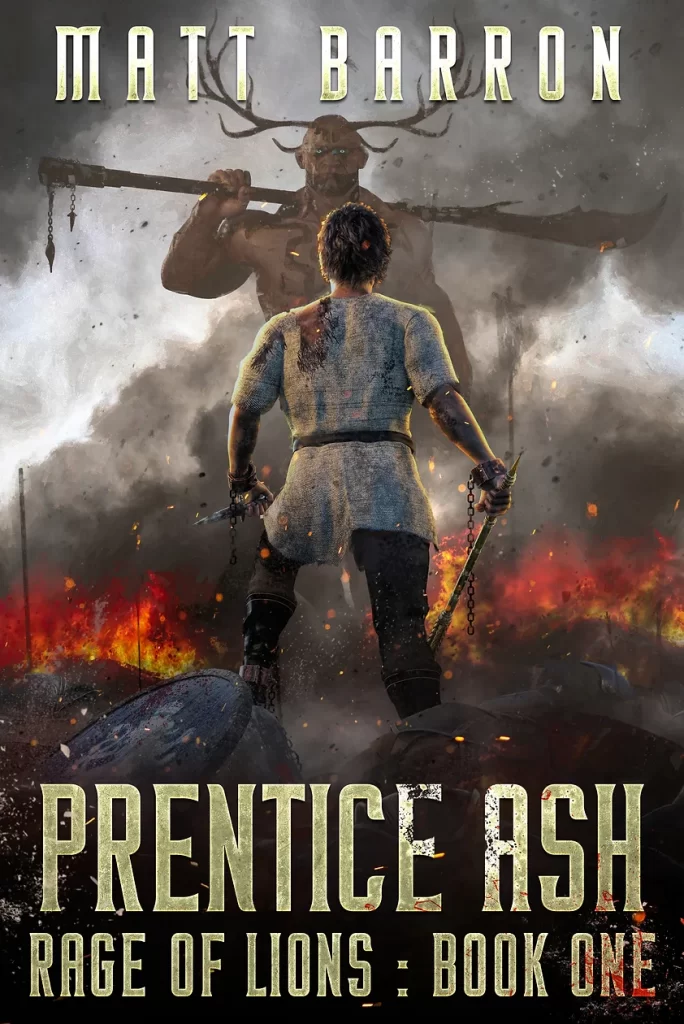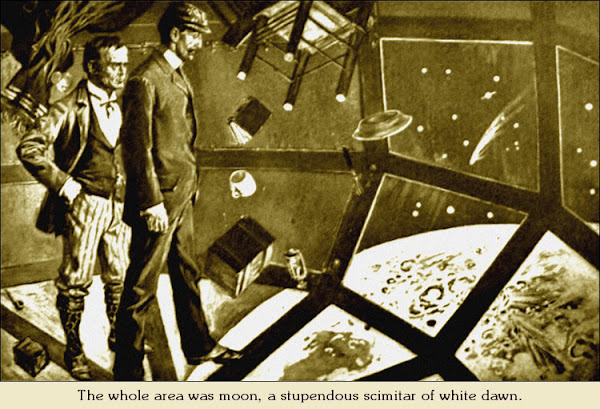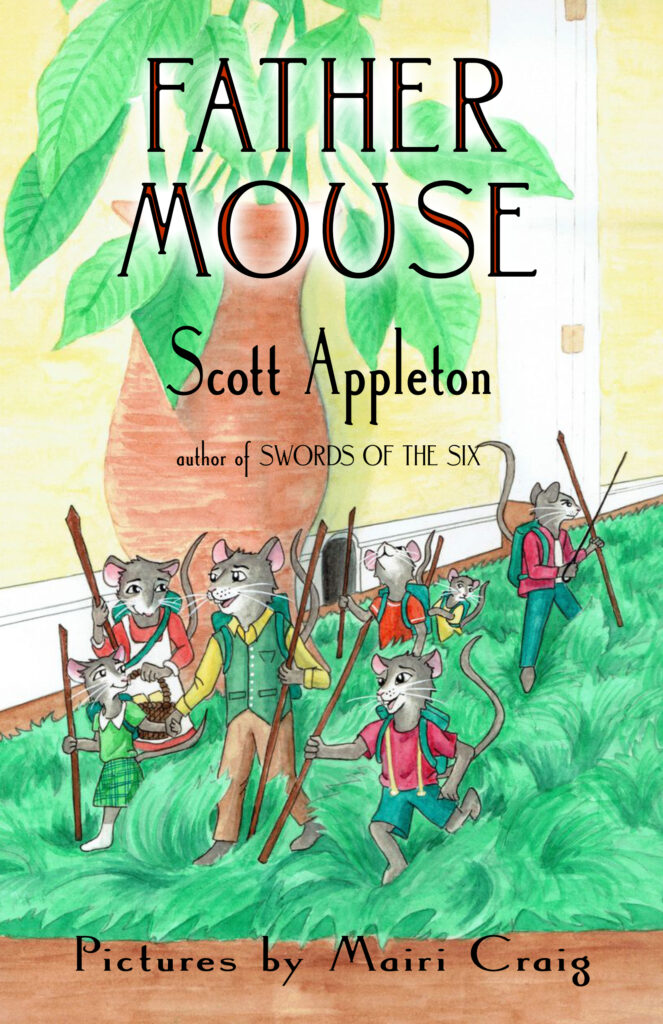Today I finished reading the second book in Patrick Rothfuss’s Kingkiller Chronicles and it left me reflecting on the importance of a story’s end. Why do we read a story, and especially a fantasy? Do we want to be dragged into the lives of characters that are endlessly searching without a resolution in sight? I venture most of us do want the story to have a resolution that satisfies us, makes us think, and gives us justification for why we read millions of words to reach its end.
The great books leave us with some sort of resolution. I think of Harry Potter as a prime example. The first books in the series set up mysteries and tension that needed resolution, and when Deathly Hollows arrived in stores, I was in line with my brother for five hours for the midnight release at Borders. And J.K. Rowling delivered! When she wrapped up the story threads in masterful resolution, she proved that all of that time we spent reading Harry’s story had been worth it, because there was a point to all of it.
Both Name of the Wind and The Wise Man’s Fear are well-written novels, but what Rothfuss has failed to do so far is demonstrate that there’s a story “thread” that will have a satisfactory resolution. I finished book one and was genuinely shocked. To say it ended on a cliffhanger is an understatement. I was left asking, “What was resolved in this book? What was its overarching plot?” Now, to be fair to the author, it is his work. That’s probably the type of story he prefers. But I cannot help but think how much better his story would have been if there had been a problem set forth at the start of the book and a resolution at the end.
Another good example of a well-executed story arc is Terry Goodkind’s Wizard’s First Rule. From the beginning, you understand the stakes, and at the end you are satisfied that good will prevail over evil.
I say all of this because it is always on my mind as I write my novels. If I was writing the stories without an end resolution in view, I feel I would cheat you as the reader. Can writers always execute this well? Obviously not, but it is a basic guideline that should not be ignored. Every writer must ask the question: “Why am I writing this story? What is its purpose?”
Without a purpose to the story, without resolutions, readers are cheated out of the point which they invested many hours to discover.
Q: What’s your opinion on story resolution and story threads left forever unresolved? Which books did this well, and which failed to satisfy you?





Recent Comments